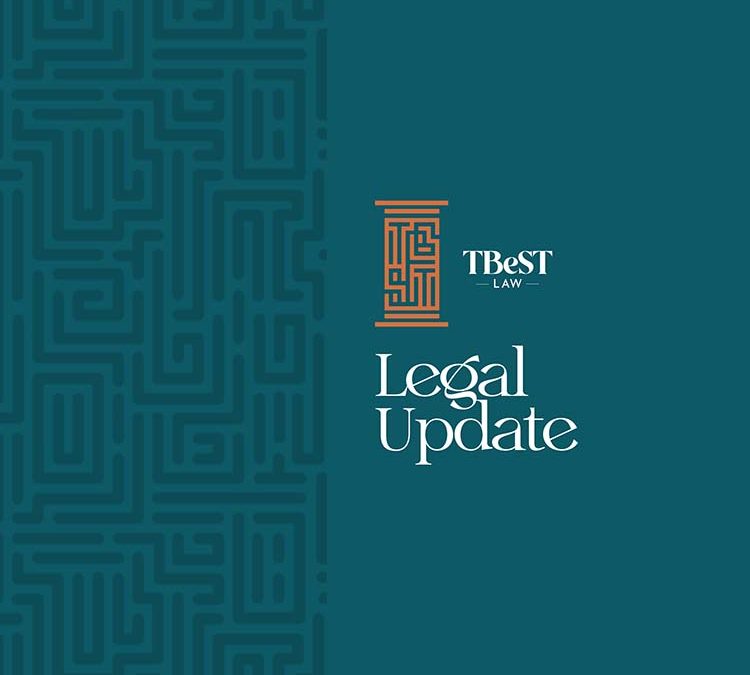Doing business via non-profits: a look at the newly enacted directive on income generating activities
Sisay Habte
The Civil Society Proclamation, Proclamation no. 1113/2019 gives Civil Society Organizations (hereinafter “CSO/CSOs”) the right to engage in businesses and investments to raise funds and fulfill their objectives. The Proclamation provided general rules which regulate organizations’ involvement in income-generating activities.
The Civil Society Authority, repealing Directive No. 07/2012, has recently issued a new directive i.e. Directive to Determine the Conditions under which Civil Society Organizations are Engaged in Income Generating Activities, Directive No. 937/2022(hereinafter “the Directive”). Below is a brief update on the Directive.
Any CSO may engage in income-generating activities where its bylaws authorize the organization. Where no such express authorization is made by the bylaws, a decision by an authorized body of the Organization will be sufficient. The business purpose for which the business organization is established shall not contradict or be contrary to the purpose for which the CSO is established.
According to the Directive, a non-profit organization can independently or through co-investment with two or more organizations decide to establish a business organization. The business organization should be established independently and with a different name from the charitable organization. The Directive provides that the financing of the initial capital can be:
– can be made by the CSO or from other financing sources like banks;
– cannot exceed more than 30% of the program costs;
– considered a program cost to the extent it does not exceed the 30% threshold. Any amount in excess will be considered an administrative cost.
The business organization established by the CSO may take any one of the forms of the businesses recognized under the Commercial Code of Ethiopia. A charitable organization may also buy shares from an already existing business organization. A CSO which established a business organization or has purchased shares from another organization must notify the Authority within 15 days. With regards to the profit of the business organization, as a principle, profits from the activities of the business organization should be used for the charitable organizations’ program or administrative costs. The Directive allows some portion of profit to be used for the business where it benefits the organization and a decision to that effect was made by the authorized body.
For a CSO that is prohibited either by its donors or bylaws from setting up a separate business organization, the Directive offers the option of using a cost-sharing mechanism. According to this option, a CSO may charge a fee for the products or services it offers. The law provides that such charge shall in no case exceed 25% of the minimum market value of the good or service. Unlike the other forms of engaging in for-profit activity, the Directive indicates the CSO must be permitted to use the cost-sharing method.
According to the Directive, care should be taken to prevent the shared use of or mixing of the assets of the two entities. It is also expected of the CSO to submit along with its annual activity and audited statements, an annual financial statement for the business organization. Non-compliance with the provisions of the Directive entails measures ranging from a warning to an order to dissolve the business.


